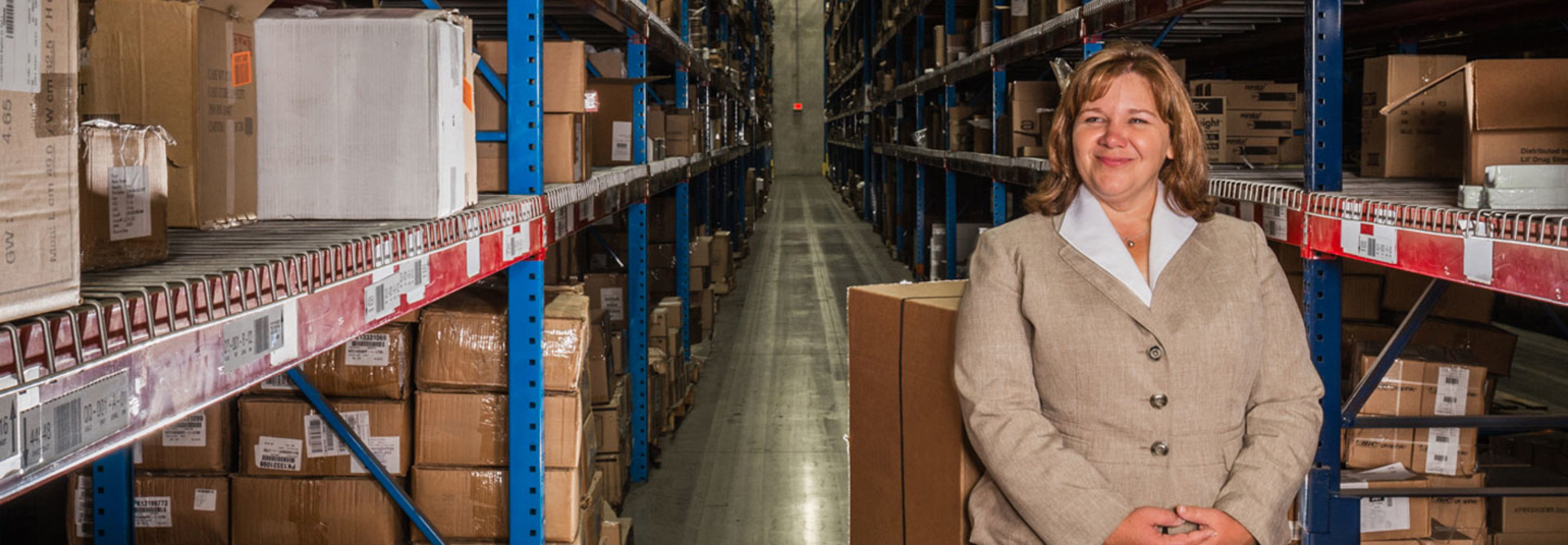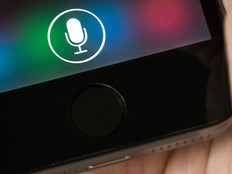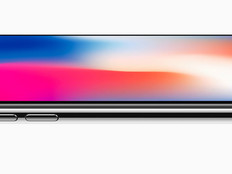3 Paths to Mobile Device Management
The traveling salesman never had it so good. Today, tablets, smartphones and virtual desktops bring the office on the road, letting mobile salespeople place orders and manage accounts from anywhere.
Beyond sales, employees in almost every function tap mobile technology to telework, collaborate and communicate seamlessly.
American Hotel Register Company knows how to empower its employees with the latest tools. After 150 years in business, the Vernon Hills, Ill.-based distributor to the hospitality, education and government industries prides itself on its ability to adapt and modernize operations.
Recently, mobility has become a top priority for the company, for both salespeople on the road as well as the internal sales team and the support staff, all of whom use tablets and smartphones to do their jobs.
“It’s gotten to the point where it doesn’t matter if it’s our field or inside staff using the mobile devices,” says Mary Acuna, senior vice president and CIO. “The field team now has fast access to our business intelligence application when they are out with customers. And our inside people take their devices to meetings because they are expected to make decisions right on the spot. We no longer have to take notes and tell people we’ll get back to them later.”
The percentage of organizations surveyed that say they have implemented a solution to sync, share and manage content on mobile devices
SOURCE: IDC, “The State of Mobile Enterprise Software in 2015,” August 2015
The Advent of the Mobile Hotel Manager
American Hotel uses MobileIron’s enterprise mobile management (EMM) solution to manage and secure the company’s fleet of iPhones and iPad devices, Acuna says. The company provided its staff with iPads, and employees use a mix of company-issued and personal smartphones.
“People use their own phones, but we require that they download the MobileIron app so we can keep the devices secure,” Acuna explains.
The company started with MobileIron about four years ago when it made the transition from BlackBerry devices to iPhones and iPads.
“We found that MobileIron let us push applications and policies out to our users much more easily,” Acuna explains. “And of course, MobileIron has all the mobile device management capabilities, such as wiping devices if they are lost or stolen. Next up for us is using some of MobileIron’s content management features.”
Stacy Crook, research director for IDC’s mobile research programs, says many organizations still have fragmented strategies toward mobile content management and may not have settled on a provider yet.
“Companies often have more than one enterprise content management system and multiple file servers where content lives, and they are creating content on the hard drives of PCs and mobile devices that’s going everywhere, including to public cloud services,” Crook says.
“So it makes sense that finding a mobile content management solution that fits all of their needs, and has the appropriate security measures, takes a bit of time,” she says. “The good news is that EMM providers are constantly improving their content management capabilities, so companies can consider getting mobile devices, application and content management from one source.” travel tablets
In addition to iPads and iPhones, American Hotel has been piloting Microsoft Surface Pros for field staff who need notebooks, Acuna says.
“We continuously look for ways to increase efficiency, and the Surface Pro offers increased capabilities and a larger screen for working with spreadsheets and documents,” she says.
At Deutsch Family Wine & Spirits in White Plains, N.Y., the productivity benefits of the Surface Pro kicked up a notch with the arrival last year of the Surface Pro 3.
“The Surface Pro 1 and 2 were a little bit too small,” says Michael Rajendran, the company’s IT manager. “But Microsoft built the Surface Pro 3 with a 12-inch screen, and it has been much better for our salespeople to run spreadsheets on.”
Rajendran says the staff are so taken by the touch screen and flexibility of the Surface Pros that by the end of 2016, close to 90 percent of the company’s 225 employees will work with either a Surface Pro 3 or 4.
The outside salespeople look forward to the Surface Pro 4 because it will have a built-in broadband device.
“The cellular modem capability is really important for people who travel,” says Rajendran. “The other great thing is that the Transportation Security Administration considers the Surface Pro a tablet, so our salespeople don’t have to take it out of the bag when they go through security at the airport.” Surface Pro users have Microsoft Office 365 Enterprise 3, which provides the full complement of office applications on their desktop, including Word, Excel and PowerPoint, OneNote and Skype for Business.
Rajendran says the company plans to deploy virtual desktops next year when it moves to the cloud with Microsoft Azure’s Enterprise Mobility Suite.
The Era of Mobile Traders
At E.K. Riley Investments in Seattle, the company’s traders and financial analysts stay mobile with Citrix XenDesktop.
Chief Technology Officer Christian Moses says he supports 80 users, about half of whom work outside of Seattle. All of the company’s users access XenDesktop on thin client systems.
Moses says that although E.K. Riley had to spend some money up front on the back-end infrastructure, the setup has many benefits. First, the thin clients cost no more than $400 apiece (compared with roughly $2,000 for a PC) and allow for easy replacement if they fail.
Second, E.K. Riley users can access their own personal desktops on any device. And finally, the company saves on routers at the branches because they no longer have to send the virtual session through a secure VPN tunnel.
“We typically had to install a router at the branches,” Moses says. “Now, most of the users access their desktops via a business-class Internet service that connects to one of the company’s two data centers.”
Forward-thinking companies understand that employees, customers and partners expect mobility today. A sound mobility strategy that encompasses policies, devices, virtual desktop and EMM will serve a company well into the future.









